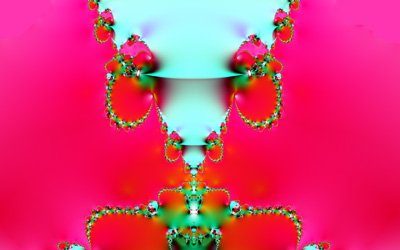Why do we need princesses?

Princess Diana touched the emotions of millions of people around the world. In particular, they felt her death as hugely tragic. Diana was remarkable because of her combination of fame, beauty, glamour and vulnerability. Her premature death mythologised her even more. Her funeral was watched on TV by thirty-two million people in the UK alone. Diana was their fantasy. It is true that the media flooded us with Diana, but this was caused by the appetite of the ordinary person. The frenzy of the press and the public appetite for Diana each fed the other. Arguably, they also contributed to her demise.
The princess, as portrayed in story-books, personifies royalty, beauty, youth, virtue and vulnerability. Diana seemed to embody all these and her early death ensured that her image would not tarnish.
There are other people who have been mythologised, albeit in different ways: Che, Marilyn Monroe, James Dean and Eva Peron. All were beautiful and all died before the age of 40. All were romantic figures.
Why do we need to mythologise famous people? Why do we want to see them as if they lived at an impossibly elevated level?
It seems to me that we need fantasy. For most of us, life is routine, with periods of boredom and little that is really new. We rarely do something noteworthy or important. We may yearn for a heightened existence, larger than life, glamorous, revolutionary, charismatic, and especially, romantic. Of course, we can pursue fantasy in other avenues, such as in religion, the supernatural or in drugs. However, these are minority choices, whereas most of us do look up to real people.
We feel anonymous, mediocre and small. We know we are not important people. We realise that after we die we will be virtually forgotten. To compensate for these negative feelings, we would like to be special, wanting to shine in some way. The ideal would be to become a hero or heroine, but such a fate is denied us. So our ego seeks expansion and gratification by identifying with a person whom we perceive as richer, more beautiful, more famous and more important than us.
One sees this phenomenon in sporting contests, where our ego identifies with the national team or with a favourite player. Their successes raise our mood and even our self-esteem. When France won the soccer World Cup, the suicide rate fell sharply in that country.
The brilliance, fame, creativity or beauty of the person whom we most admire somehow comes to reflect onto us, if only because we are sensitive and receptive enough to appreciate them and what they do. Our appreciation of the person links us to them. Although this link is not reciprocal, it raises our morale. By identifying with the admired person we feel as though we share in their qualities.
We know that we are, in some ways, foolish. That we cherish too much things that are of little or no importance. Our problems are minor in the overall scheme of things. Because we perceive these and other lacks in ourselves, we want to have the illusion that there are people who are above our level. People who don't do silly things, don't waste time and don't suffer petty annoyances. People who are purposive, principled and always focused on what matters. People who do not procrastinate nor act in denial of problems.
Because we receive a very superficial view of famous people, we can persist in the belief that their lives are glamorous and that they live at a far more elevated level than us. We tend to forget that the Queen goes to the toilet, that the Pope can tell an off-colour joke in private, or that the world champion can commit a blunder in chess. We expect that an expert or PhD knows all the ins and outs of their subject. Yet they are human and fallible, like us.
An idealised person does what is right, courageous and bold. Moreover, it is as though they do it on our behalf. This makes it easier to accept that we do not live our lives at a comparable level. By living - or appearing to live - their lives on a higher plane, they redeem our own lives. They compensate us for the lack of greatness in our own lives.
On a more positive note, Carl Jung identified what he called the Golden Shadow, our hidden creative potential. We can discover our Golden Shadow in our intense admiration of other people. Their bright qualities represent the disowned aspects of our own creative potential. When we admire someone like Bach, Einstein, Mandela or Fred Hollows, we are tapping into something inside ourselves that is evoked by these people and that seeks expression.
Tad Boniecki
March 2019
